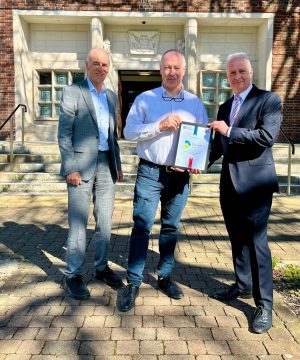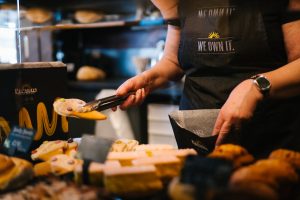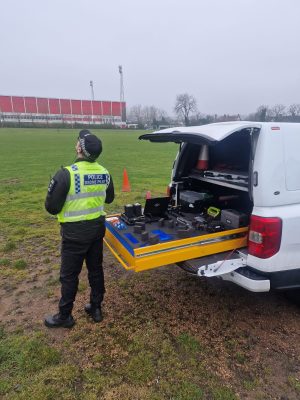Cornish fishing net recycler reels in Crowdcube funding target
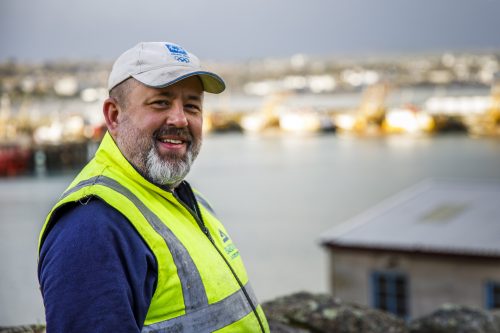
Cornwall-based Fishy Filaments, which transforms end-of-life fishing nets into high-value materials for 3D printing and injection moulding, has surpassed its Crowdcube campaign funding target with more than a week to go.
Set up in 2016 to recycle old Cornish gillnets into virtually carbon free marine nylon for use in advanced engineering and manufacturing, Fishy Filaments has secured over £100,000 of investment from more than 215 individuals in 18 different countries.
It is expected to see a further rise in investor interest following the disclosure of its advanced program to produce the world’s first 100% recycled powder made specifically for SLS-type 3D printing.
Ian Falconer, founder and CEO Fishy Filaments, said: “Hitting our Crowdcube target well ahead of close on 31 August is an incredible achievement and, alongside our successful PA-CF powder print, is a major milestone for the business. We’re not only making a positive difference to both the environment and to fishing communities around the world by providing a vital second life solution for end-of-life monofilament net, but we’re producing highly commercial recycled products that are in major demand.
“With such a groundswell of support from around the world, and news of our first successful powder print, it’s exciting to think what we might achieve in the remaining days of our Crowdcube campaign. Critically, overfunding will enable us to accelerate our work at pace, allowing us to fast-track our product R&D programme, market our new materials more effectively, and hit our long-term social, environmental and economic goals sooner.”
Falconer added: “With clients including Philips Lighting already on our books and high-profile brands conducting advanced trials with us, we see a bright future ahead. Add to that the advancement of our high value 100% recycled nylon PA6-CF powder, and we believe we hold the keys to unlocking the enormous potential of the recycled fishing net market, which could be worth as much as US$6bn a year.”
Originally, Fishy Filaments aimed to raise £150,000 through its Crowdcube campaign. With the success of the Alpha Powders trial several months ahead of schedule, this shaved the immediate capital requirement down to £100,000.
Fitting into a 40ft container, Fishy Filaments’ recycling and processing plants are designed to be transported to remote parts of the world, requiring only water and power to operate.
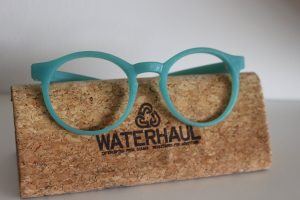
Exported at scale, this could reduce the amount of CO₂ released by conventional net disposal and reduce the volume of nets that end up in the sea, often known as ‘ghost nets’. These represent a significant and long-lasting danger to both wildlife and shipping, taking up to 600 years to biodegrade.
By exporting plants to ports and fishing communities in unregulated parts of the world, fishermen will be able to recycle their nets locally providing them with both a new income stream and an environmentally sound alternative solution for fishing net disposal.
Delivered at scale, this would enable Fishy Filaments to achieve its mission of displacing 2m tonnes of CO₂-eq which are otherwise emitted by new Nylon 6 production each year.
Where fishermen have to pay for the safe disposal of their nets, Fishy Filaments’ aims to provide fishing fleets with a zero-cost recycling solution, saving them hundreds of pounds a year for every tonne of net recycled.
Already proven with the Cornish hake fleet in its home port of Newlyn, this approach not only simplifies operations for harbour managers, but reduces the volume of net sent to landfill, incineration, or for conventional but costly recycling.
Fishy Filaments is currently scaling its business into full commercial production with work on a new, fully automated fishing net recycling plant prototype. Once fully operational, this will increase raw material production levels to 20 tonnes per annum in the next year, and then on to 50 tonnes a year.

